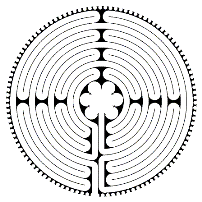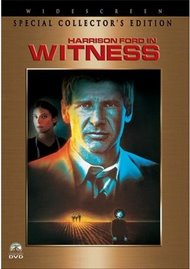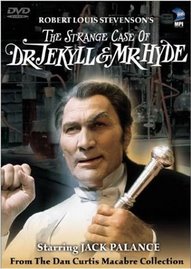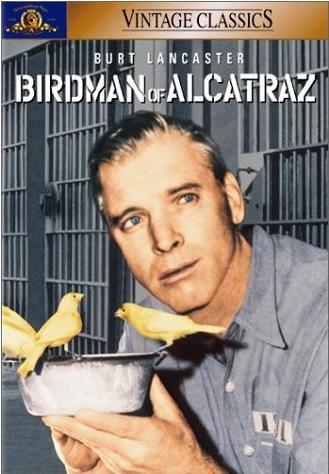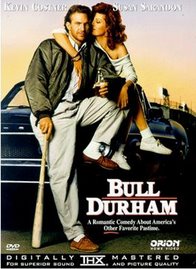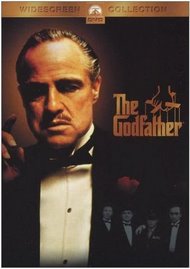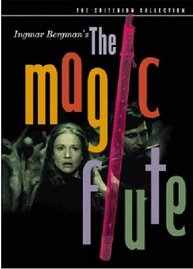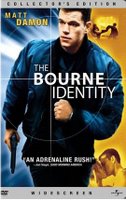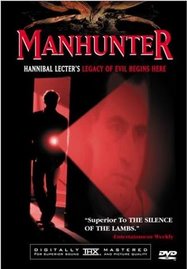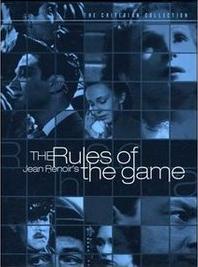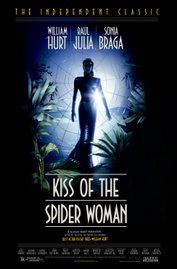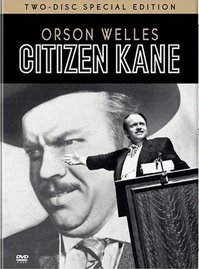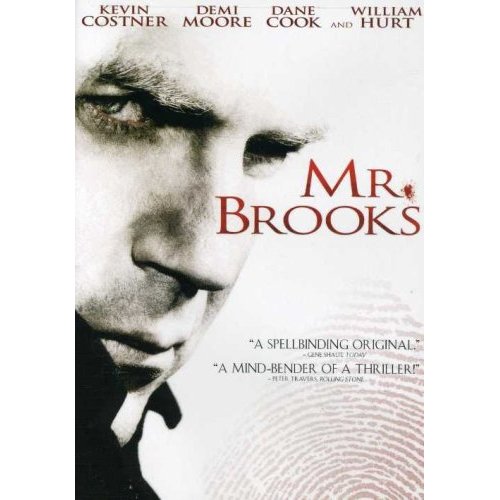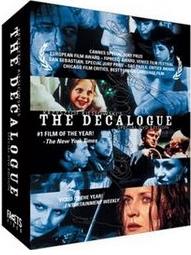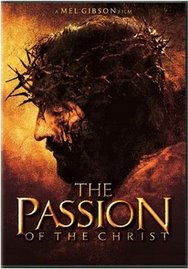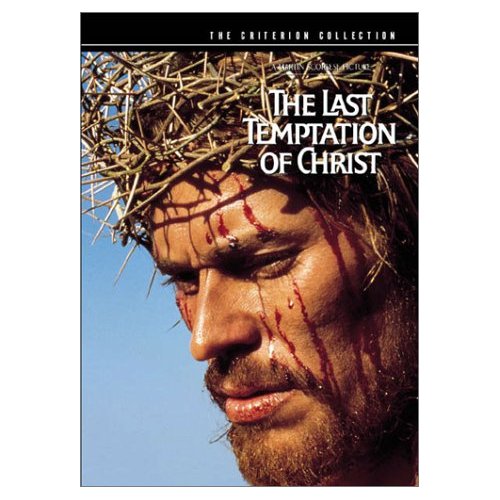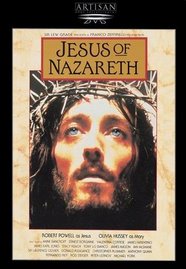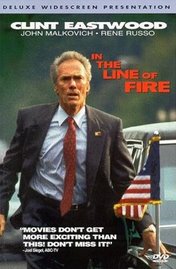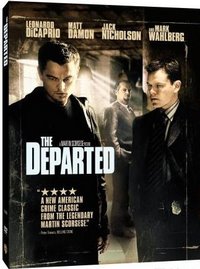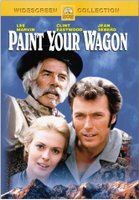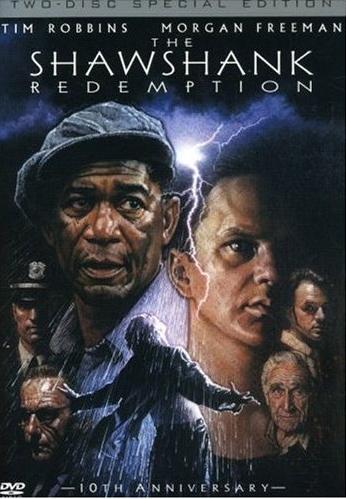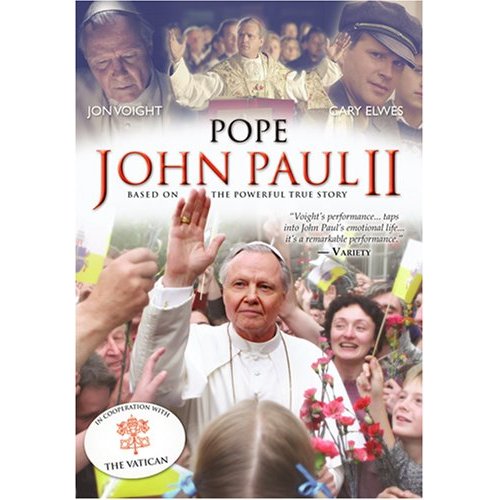The title of Peter Kreeft's book Christianity for Modern Pagans: Pascal's Pensees intrigued me.
I had never read Pascal and certainly was encountering more and more people worldwide who were no longer willing to claim to be Christians in one way or another. So I read the book and found much more wisdom in Pascal than I expected. Unconventional wisdom on a wide variety of topics.
I decided to ask my colleagues on LinkedIn the following questions based in part on what I was reading from Pascal to learn how far we have come from his thinking, or not. (See their answers by following the links provided).
As you may notice, the structure of the book and the sequence of questions follow the basic milestones along the Decision-Maker's Path (tm):
1. [Where are you coming from?] How does any form of change management that enables only changes in perceived behavior, but not in substance, amount to anything more than a modern form of vanity?
2. [Where do you want to go with the issue?] In managing change, is the use of reason alone ultimately just another form of vanity when we do not admit the more dominating power of human imagination?
3. [What are you waiting for?] In managing change, are we, as co-workers and social human beings, destructively seduced by the vain longings for certainty, utility, and ease that modern philosophical methods have promised since the 1600s?
4. [What are your wise ones generally advising?] Is passionate truth-seeking the only way to address our human condition and overcome the dual obstacles of diversion and indifference in change management?
5. [How are the pros and cons of your issue balancing out?] Are our desired, but unnecessary, diversions real solutions or merely ways to kill time?
6. [What are the "Powers That Be" saying?] Is indifference to change ultimately the most stupid of all possible responses?
7. [What is your real agenda?] Is self-deception in change management unforgivable?
8. [What facts and reasons are you contending with?] In change management, is anything supposed to be hidden or is it better to be fully transparent in your approach?
9. [What insights and oversights are emerging?] CHANGE MANAGEMENT: What or who is our worst enemy?
10. [How are you going to tell your decision?] When asked to interpret written words to discover their meaning, applicability, or significance, what rules, if any, do you use to assure the reliability of your interpretation? Whether your decision-making process should be aligned with what or who you place your deepest faith in?
11. [What are you willing to risk to gain what you can only hope for with your answer?] Are making decisions more like making wagers than making choices or making judgments?
12. [What is signaling you that the decision you discern is the right one?]Whether the better change agent is the best gambler or the best match-maker?
My take on these questions can be summarized as follows:
Any form of change management that enables only changes in perceived behavior, but not in substance, amounts to nothing more than a modern form of vanity.
In managing change, the use of reason alone ultimately is just another form of vanity when we do not admit the more dominating power of human imagination.
As co-workers and social human beings, we have been destructively seduced by the vain longings for certainty, utility, and ease that modern philosophical methods have promised since the 1600s.
Passionate truth-seeking is the only way to address our human condition and overcome the dual obstacles of diversion and indifference in change management.
Our desired, but unnecessary, diversions are not real solutions but are merely ways to kill time.
Indifference to change is ultimately the most stupid of all possible responses.
Self-deception in change management is understandable, but finally unforgivable if not corrected after it is pointed out.
In change management, somethings will remain hidden in mystery but it is better to be as fully transparent as possible in our approaches.
We are our worst enemy.
When asked to interpret written words to discover their meaning, applicability, or significance, we must articulate the rules we use to assure the reliability of our interpretation and, in doing so, our decision-making processes should be aligned with what and in whom we place our deepest faith.
While making decisions for many is more like making wagers than making choices or making judgments, the better change agent is not the best gambler; rather the better change agent is the decision-maker who is the best match-maker.
Decisions are made by individuals, but not just for themselves, as is the attitude of the gambler.
What do you think?
John
for people who want to make better decisions
MOVIES FOR DECISION-MAKERS
Below are the cover images of movies for decision-makers, with clues to better decision-making.
Romero: the significant decision
"I know men and I tell you that Jesus Christ is no mere man. Between Him and every other person in the world there is no possible term of comparison. Alexander, Caesar, Charlemagne, and I have founded empires. But on what did we rest the creation of our genius? Upon force. Jesus Christ founded His empire upon love; and at this hour millions of men would die for Him."
--Napoleon
Decision-making: like climbing ...

a spiral staircase...one step at a time.
John Darrouzet
Special Counsel for Decision-Makers
Links
Followers
Subscribe To
********************* Advertising Disclaimer *********************
NOTE WELL:
Allowing the placement of the ads set out below should not be interpreted to constitute an endorsement or recommendation in any way by Special Counsel for Decision-Making or John Darrouzet of the content or programs referred to therein by the advertisers.
*****************************************************************************************************************************************
Allowing the placement of the ads set out below should not be interpreted to constitute an endorsement or recommendation in any way by Special Counsel for Decision-Making or John Darrouzet of the content or programs referred to therein by the advertisers.
*****************************************************************************************************************************************
*************************** Legal Notice **************************
Decision-Maker's Path (tm) trademark by, and blog content copyright © 2008, John Darrouzet. All rights reserved.
